Lost and Found: Chapter 47
(Re)Making Love: a serial memoir (This chapter is too long for email, but seeing is believing. Find your laptop or iPad.)
Come in the middle? Here’re links to ➡️ Chapter One, Chapter 2, Chapter 3, Chapter 4, Chapter 5, Chapter 6, Chapter 7, Chapter 8, Chapter 9 , Chapter 10, Chapter 11, Chapter 12, Chapter 13, Chapter 14 , Chapter 15 , Chapter 16, Chapter 17, Chapter 18, Chapter 19, Chapter 20, Chapter 21, Chapter 22, Chapter 23, Chapter 24, Chapter 25 , Chapter 26, Chapter 27, Chapter 28, Chapter 29, Chapter 30, Chapter 31, Chapter 32, Chapter 33, Chapter 34, Chapter 35, Chapter 36, Chapter 37, Chapter 38, Chapter 39, Chapter 40, Chapter 41, Chapter 42, Chapter 43, Chapter 44, Chapter 45, Chapter 46
Lost and Found
I scroll through the rom-coms on my shelf—I originally mistyped self—the unconscious mind has a mind of its own. In this memoir that I wrote “live,” meaning while I was living it, I’ve mulled over, written about, dreamed of: When Harry Met Sally, Four Weddings and a Funeral, Hitch, Something’s Gotta Give, Baby Boom, Holiday, A Man and a Woman, P.S. I love You, Juno, The Thomas Crown Affair—or TCA—as D. refers to that one because of the number of times I’ve watched it—French Kiss, Green Card, While You Were Sleeping, The Proposal. Have I got them all?
No: Charade. How do we know who is who?
Charade’s trailer features an aging Cary Grant in voice-over speaking of Regina Lampert played by the young Audrey Hepburn. He oozes irony as he says, “Her life was one round of enjoyment, entertainment, enchantment?” And his voice rises with the sound a question mark makes, as Audrey screams at the sight of the man, played viciously by George Kennedy, with a hook for a hand. “She was in serious trouble, but she still knew how to enjoy herself. You see, it all began when he fell off the train.” Regina’s husband Charles is quite dead. “Now there’s a relaxed husband,” opines Cary. “Police probably think I killed him,” Audrey says, quite seriously. “Instant divorce, you mean?” Cary replies.
When I began this memoir, I thought my writing might in some way disappear D. At least, I’d get divorced. I did get legally separated. The documents are signed. I could, if D. and I could resist making love for six months, simply walk into a D.C. courtroom with my attorney and get a divorce.
Instead, D. took me on a road trip. He told me to pack a bag with something to wear to dinner. I dressed in jeans, a sweater and wore the coat with the repaired hem. I do have a dress coat that flares at the hem and has a soft rim of fur on the collar and cuffs.
But who knew where we were going?
Not me, and D. wasn’t telling. Instead, he says, “I have music,” as he connects his iPod to his car radio.
When we were together before the breakage, D. used to complain that I was always playing Leonard Cohen while I cooked in that chef’s kitchen in my old lady of a house. “What is all that droning?” he’d ask before he got to know Leonard during our separation. I remember going alone to the documentary Leonard Cohen, I’m Your Man at the E Street theater not far from where my D.C. condo now sits. I remember meeting D. afterwards at Bistro D’Oc on 10th Street, NW. I just couldn’t sit there with him—this man who was selling the house.
The houses are all gone under the sea.
I walked out after I ate Bistro D’Oc’s lovely paté, took the metro to Dupont Circle, walked home to Adams Morgan, put the key for one of the last times into the lock of the old Victorian lady and went to bed alone. We were no longer sleeping in the same bed.
D. got to know Leonard well over the last four years of our separation. This, among a whole lot more, I have learned.
He makes his way down Constitution Avenue and before I know it we are on I-66 going towards Virginia: Leonard Cohen’s “Cheslea Hotel” and “Everybody Knows” sung by Rufus Wainwright plays. Then “Tonight Will Be Fine” and “The Future” sung by Teddy Thompson.
This road trip has a soundtrack.
When K.D. Lang begins to belt out “Helpless,” Neil Young’s heartbreaker of a song, the roadside looks familiar.
Eidetic memory causes me to guess, hope? where he might be going. I recall a trip down this road when I was fifty, going off to grad school. D. took me away to celebrate my leap from corporate America to college, to write.
. . . though it may look like (Write it!) disaster.
I recall the framed photo D. gave me that he extracted from my father’s eight millimeter home movie of me at maybe six years old wearing my Davy Crockett buckskin jacket, standing in front of the stoop at the rowhouse on Grantley Road. All my father’s movies were of the little girls, my sister and me, coming out of the front door in pea coats or new dresses. There I am with my arms out, ready to spin—the photo is fuzzy.
D. said as he handed the photo to me: “Here’s the real Mary Tabor,” as if I were on To Tell the Truth: “Will the real Mary Tabor please stand up.”
In the car, I now think I might know where he’s going. I say, “You better know what you’re doing.”
He says, “You think?”
As he turns into the Howard Johnsons Motel in Warrenton, Virginia, Perla Batalla is singing Leonard Cohen’s “Bird on a Wire,” and I begin to laugh and cry. This is not where we are going but it is a shared memory. Once D. and I went to Sarasota, Florida to visit his aunt and uncle with D.’s parents. D. wanted to save money and we stayed in an un-refurbished-fifties-maybe Howard Johnsons on a strip filled with decrepit buildings. We had a horror of a bathroom and bed. I wanted to sleep with my clothes on, wouldn’t take off my socks to walk on the dirty carpet and bathroom linoleum.
“I know where we’re going.”
“Do you now?” He backs up the car, makes the right turn toward Washington, Virginia, and we sing, with Jarvis Crocker, Leonard’s “If It Be Your Will.”
We are on the way to The Inn at Little Washington.
When he turns into the parking space under the four flags, we are singing Leonard’s “Anthem,” my favorite Leonard Cohen song and it is snowing. We are singing with Julie Christensen and Martha Wainright.
I am struck dumb when I’m greeted by name at the inn. My coat is taken. “I would have worn a better coat if I’d known we were coming here.” The concierge and D. smile at one another.
We are taken to tea. I finger the love bird ring on my right hand, an antique ring he gave me many, many years ago, and tell him, “This ring says it all.”
“Does it now?”
And then we are escorted to the Game Keeper’s Cottage.
I am not making this up.
I say to the concierge, “This is right out of D.H. Lawrence!” He and D. smile again.
His photo of the cottage here, taken the next morning when the snow had melted, is slightly crooked, but then so is the truth.
The fire is burning. There are bags. A lot of sacks. And one great big one. He hands me the first gold sack: In it is an envelope and a book wrapped in gold paper. I open the envelope.
D. has hand colored the dragonfly illustration—I use the dragonfly on my Mac to identify me in e-mail. What follows is typed and written on parchment like a poem.
See the photo of it, but here are the words:
My Dearest Mary,
I once thought I didn’t believe in signs.
Or, at most, they are so exceedingly rare,
And even then, so easily explained by the rational crutch of coincidence.
But sometimes a sign is so powerful and perfectly timed as to leave one dumbstruck,
with no rational explanation, laughing derisively at the possibility of coincidence.We were one year into the separation.
I was reading this copy of On Chesil Beach—a book that affected me deeply—on a flight returning to DC from Iowa. I had just read a particular passage that stuck in my mind, then I reached for my ticket stub to use as a bookmark. As I put it in the page, I saw, stopped, stared. And knew.
I will lead your applause.
And then in his turquoise-ink print:
My love forever,
D. (see p. 152)
I unwrap and open Ian McEwan’s On Chesil Beach, a book I read as soon as it was published and he knows I have read it. I turn to the page: The passage is framed in turquoise ink and refers to the time when Florence and Edward visited Wigmore Hall where Florence hoped some day she would play her violin and where Edward vowed that he would be there in seat 9C to lead the applause.
D.’s note says, “See p. 199.”
On page 199, I find in D.’s turquoise ink a framed passage that describes Edward many years later alone and the first violinist Florence who waits for the house lights to go up and looks to see who sits in seat 9C.
And there is D.’s note: “See next page.”
On it is the stub from his Midwest Airlines flight to Kansas City, where he’d gone to visit his son after visiting his parents in Iowa, and on the stub is his seat number: 9C.
What follows: More boxes. One great big one, and some five more inside, until I come to the little box that holds an antique diamond ring. And the man to whom I am still legally married proposes to me,
“Will you, love of my life, marry me?”
We make love and then run into the open snowy field bundled in our coats, our history and our hope.
I fear ending this memoir. If D. could leave me when I write, I think irrationally, he could leave me when I stop. He has always been reading me.
Scheherazade wrote to save her life. The old tale is that the Persian king after his wife betrayed him, married a virgin every night and killed her in the morning—until Scheherazade entranced him with her stories.
I have written this memoir to find.
D. says to me, “I was lost. Now I’m found.”
I was not the answer. What he has told me is that he read twenty-two books of fiction the year I was in Missouri. D. is not a fiction reader, as a general rule.
But we are no longer about rules.
He said he read because he had much to learn about love.
I have been reading all my life, but I have learned that biblio-therapy goes only so far. I have been on a search and that search continues.
But I do know this: I have been found.
In the movie Charade, Audrey names at the end all the names that Cary has used in the movie. Whoever he is, she loves him.
I now know who D. is and I love him.
D.’s shrink P. said to him one day while he was still in therapy, “You’ve built the boat. You now want to learn how to sail it.”
Can we live in a boat when all the houses are gone under the sea?
I dream houses on the sea. But the sea is a circle of sand filled by sea water bordered by large houses, each different. D. and I rent one of the houses. It comes with the house in town we own: We don’t know how but we have it. It is like a memory of all the years we spent in Bethany Beach with the children, but it is not that place. It is not on any map. Two older women, sisters we guess, own the house nearby and we watch them wander together down to the sea. The air is warm. We go down to the sand and, where there were rocks, the tide has come in and pushed up soft sand all along the edges of the water. We go in, slide into sand and water, protected in the Caribbean bath-sea. There is ocean but no ocean. The sky above is terraced with lime green grass. We look up and see men and women, hair flowing, tanned legs astride thoroughbred horses. We have found protected sand and sea and sky—sheets of blue, kicked up by sea-blown wind.
And D. says to me, “You gotta build the house for the right reason.”
I do not know how to fly, but I have in my heart the lightness of a bird.
Coming next: Epilogue Table of Contents
Grateful acknowledgment is made to the following for permission to reprint previously published material in chapter 47: T.S. Eliot: Excerpt from "East Coker" in Four Quartets, copyright 1940 by T.S. Eliot and renewed 1968 by Esme Valerie Eliot, reprinted by permission of Houghton Mifflin Harcourt Publishing Company.
Elizabeth Bishop: Excerpt from "One Art" from The Complete Poems 1927-1979 by Elizabeth Bishop. Copyright © 1979, 1983 by Alice Helen Methfessel. Reprinted by permission of Farrar, Straus and Giroux, LLC.
Love,

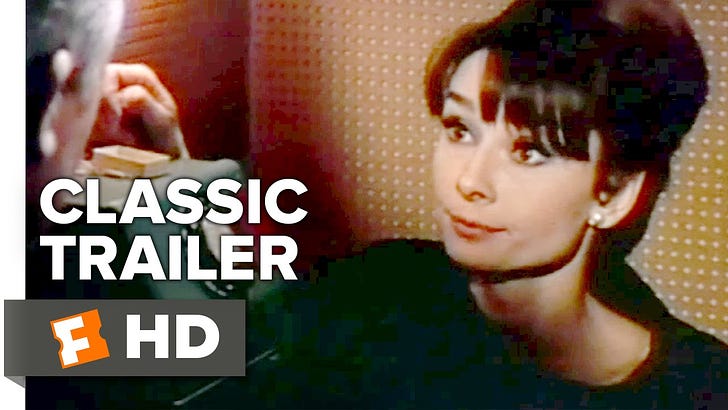


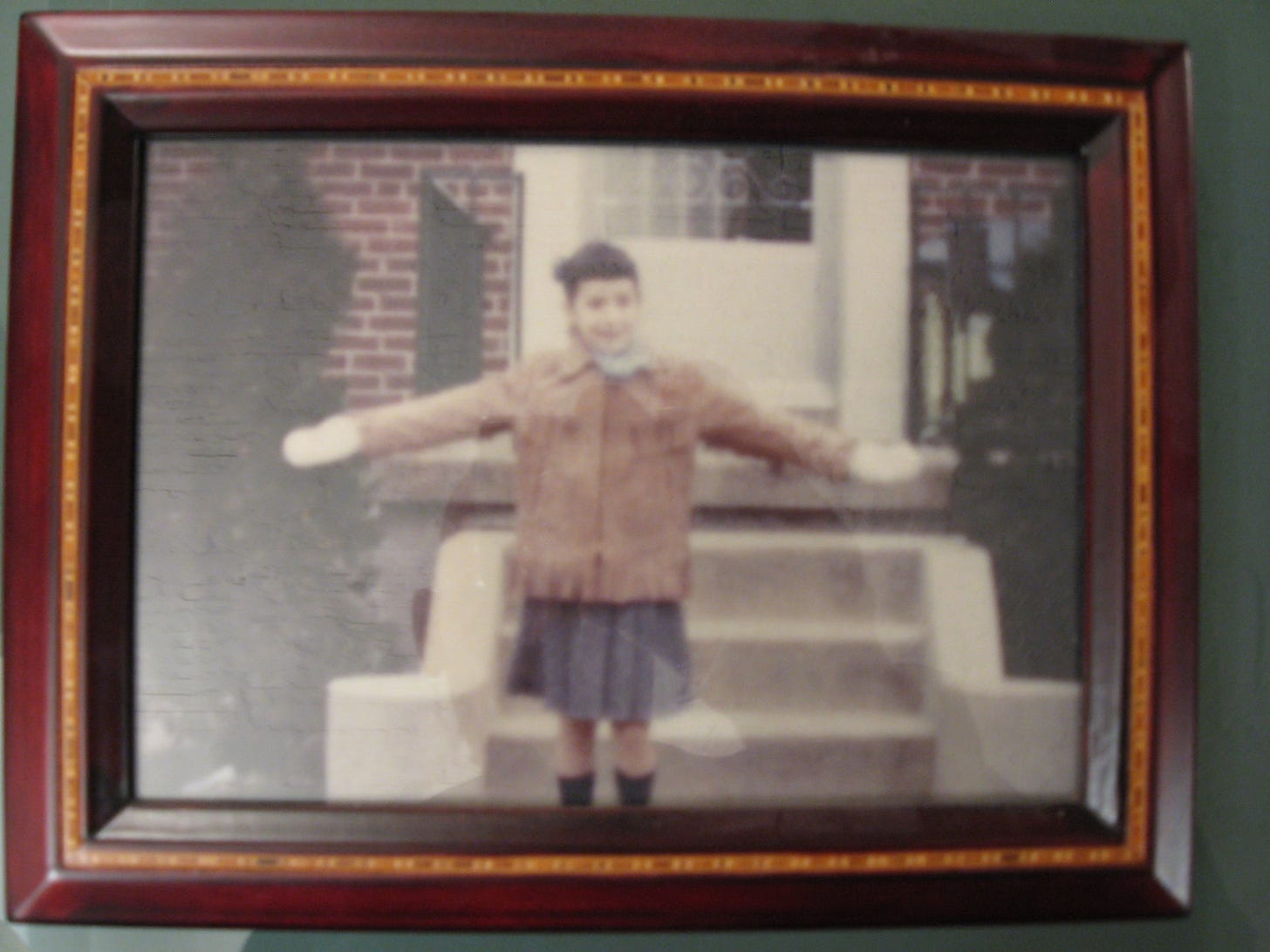
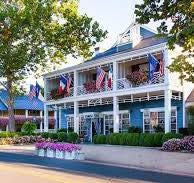
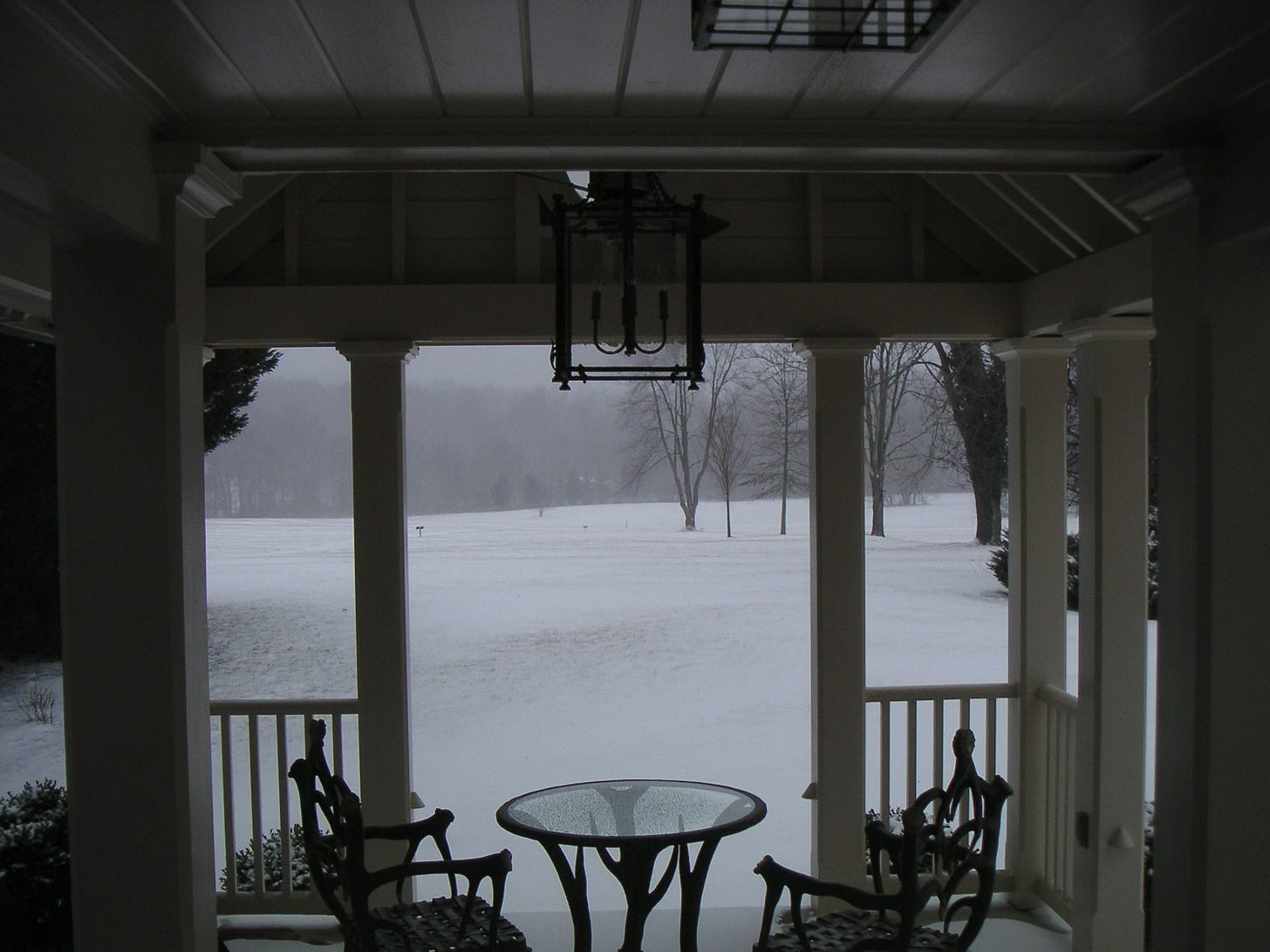
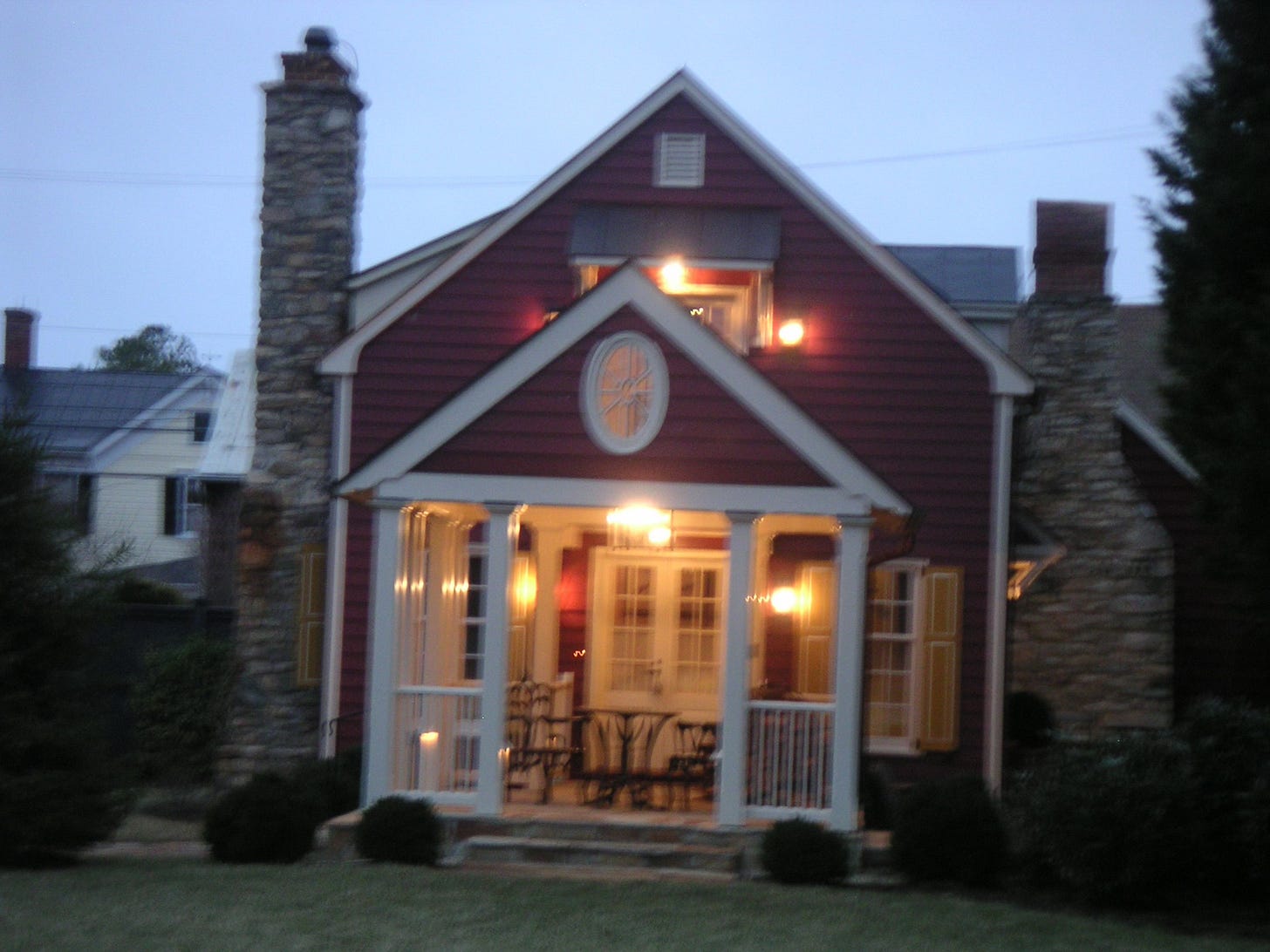
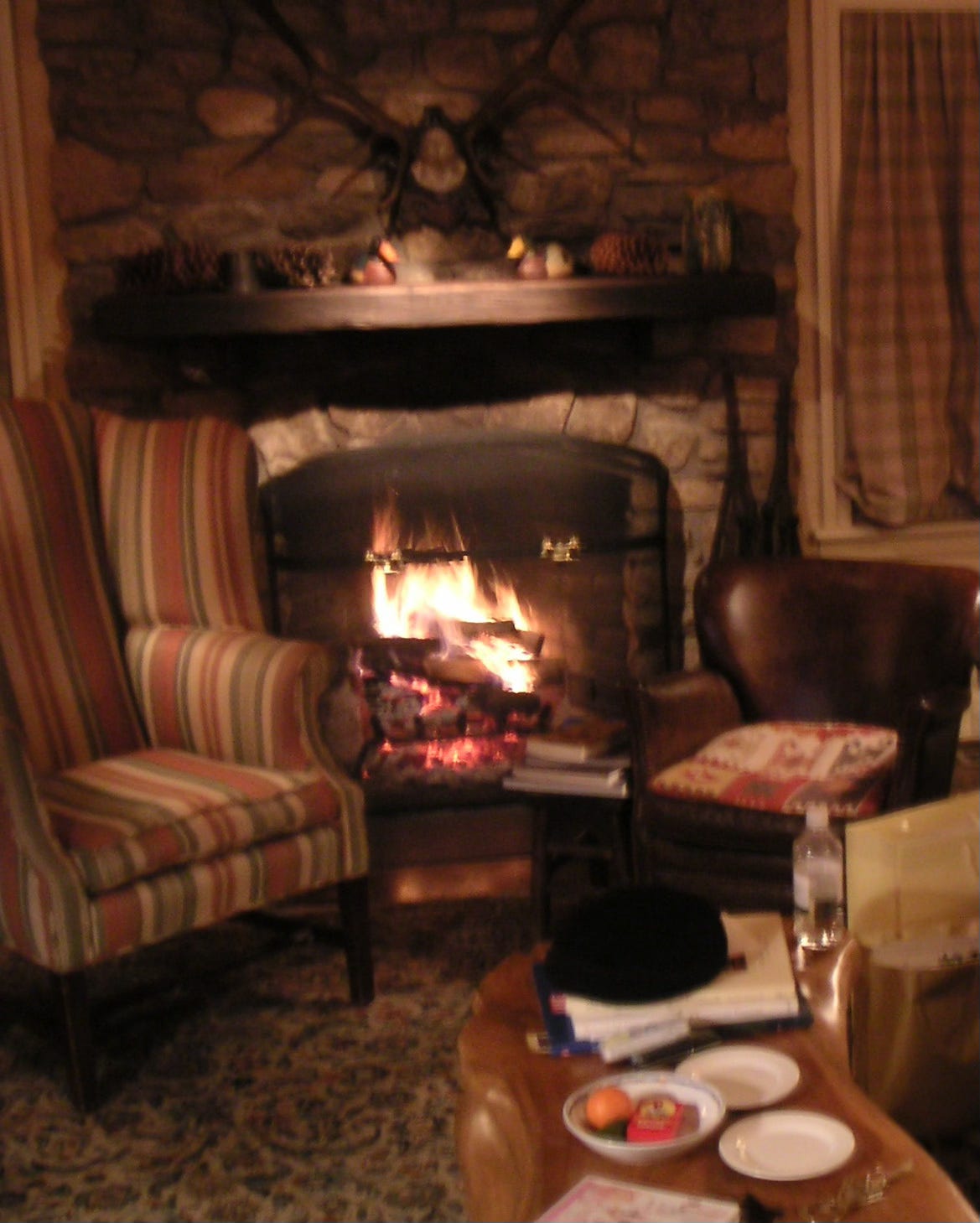
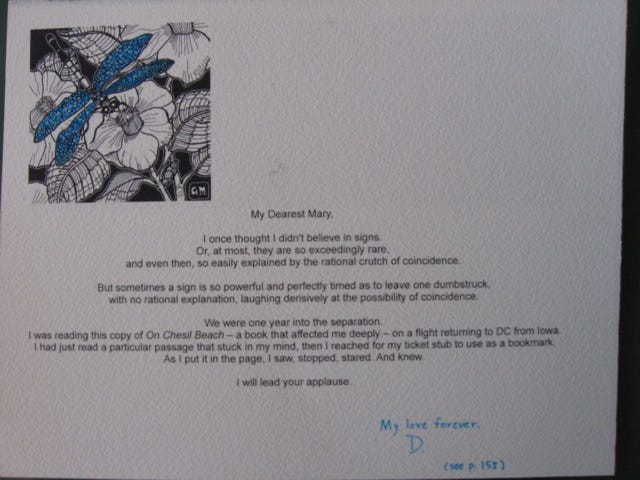
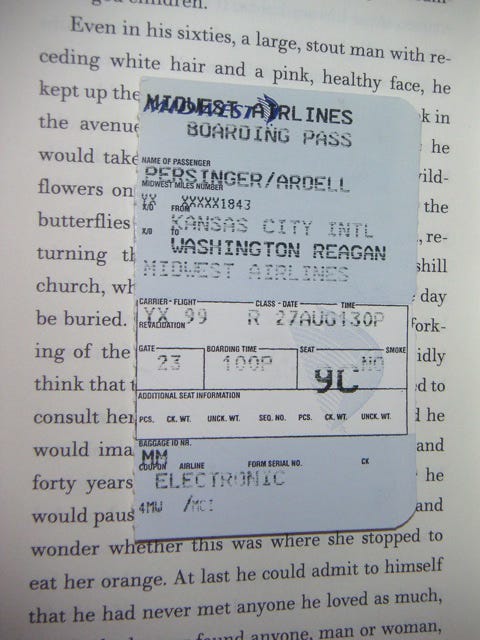
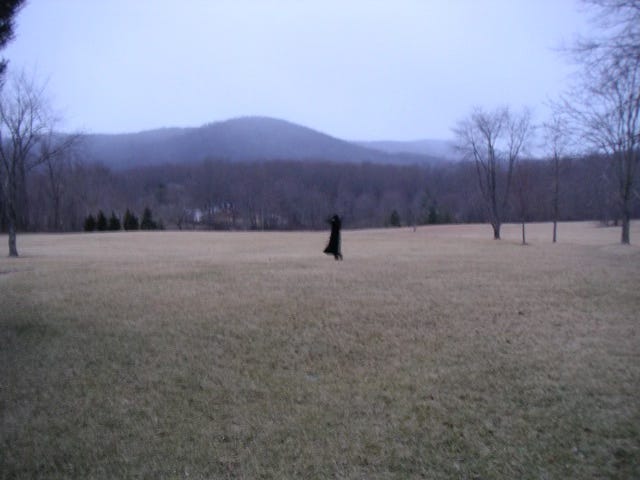
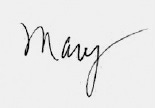
Mary,
I feel like my team just won the World Series, that's how happy I am with the way this chapter ended. I know there's an epilogue to come. But for the moment I'm in the "now" of this chapter and so happy for you and D.
The only other comment I have for the moment is to say thank you for the K.D. Lang version of my favorite Neil Young song. My favorite version had always been the one in the Last Waltz with Joni singing background. But this one's a great contender.
Dear Mary, your story is a romcom! This is the most beautiful ending anyone could wish for. Your memoir should be turned into a movie, with all the other romcoms making their guest appearances. Wonderful. I shall join the applause (leaving the lead to D.) 💖🙏